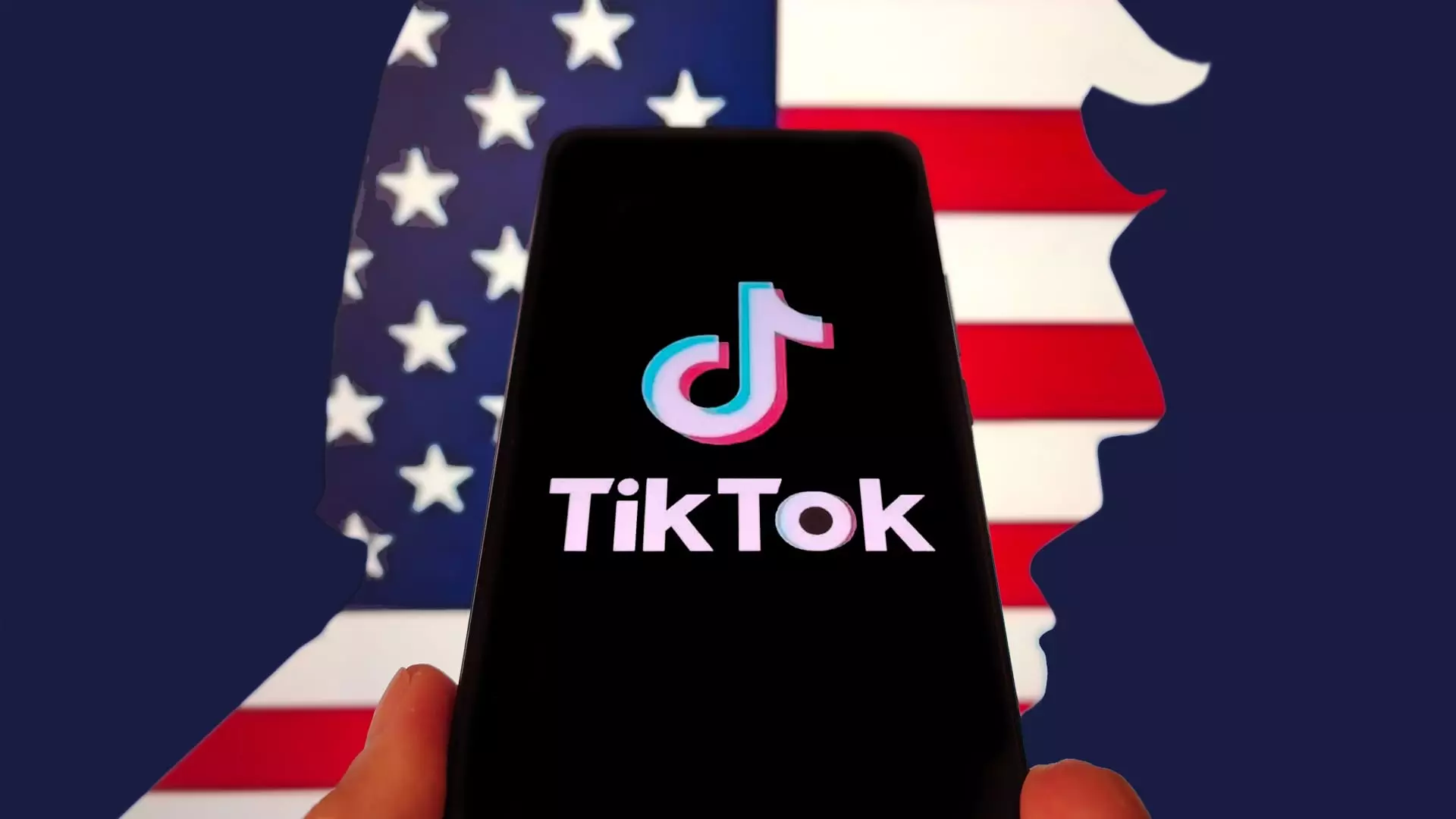The ongoing saga surrounding TikTok and its position in the U.S. App Store has taken another twist with Apple being granted a reprieve, allowing the controversial app to remain accessible for at least 75 more days. This decision came directly from assurances by Attorney General Pam Bondi following President Trump’s executive order, which extends the looming TikTok ban deadline yet again. We find ourselves at the intersection of technology, national security, and corporate governance, raising some serious questions. Are we witnessing corporate valor or a troubling capitulation to political whims?
ByteDance: A Target on Its Back
ByteDance, the parent company of TikTok, has been under intense scrutiny, not just for the app’s functionality and popularity, but for its ties to China. The company’s predicament has been exacerbated by a volatile political climate, where national security concerns are often wielded as a powerful weapon against foreign firms. Given the recent history of political friction between the U.S. and China, it’s troubling to see technology being used as a pawn on this chessboard. The seemingly endless demands for ByteDance to offload its U.S. operations under the guise of national security do little more than conjure fears of market manipulation and protectionism.
Apple’s Position: Corporate Gentleman or Political Opportunist?
Apple’s decision to keep TikTok in the App Store, albeit temporarily, raises eyebrows. By agreeing to keep the app available while “following” Bondi’s directives, Apple exemplifies both cautious pragmatism and a dangerous willingness to mix business with government intervention. One must question whether Apple genuinely believes in the integrity of its decision-making or if it is merely pandering to political pressures for short-term gains. Have they compromised their long-standing ethos of user privacy and freedom in the face of fickle political climates?
The Role of Tariffs and Economic Incentives
Meanwhile, Trump’s tariffs on Chinese goods invoke a historical precedent of economic warfare. With the unprecedented cumulative tariffs hitting a staggering 54%, we must scrutinize their impact on American consumers and businesses. Trump hinted at potential easing of these tariffs as a bargaining tool to facilitate ByteDance’s divestiture from TikTok, cleverly positioning himself as a dealmaker in the complex dance of geopolitics. Yet, one has to wonder: is this the most efficient strategy for an economy already reeling from a pandemic?
The Fumbling of U.S. Tech Policy
Ultimately, the TikTok debacle highlights a critical failing in U.S. tech policy—one that is reactive rather than proactive. The American government appears to be playing catch-up in regulating foreign tech influences while failing to foster innovation expressly in response to global challenges. This disjointedness serves neither the interests of American companies nor its citizens, and it may lead to further entrenchment of foreign adversaries in critical technology markets.
As this 75-day deadline approaches and tensions simmer, we must not just observe but critically engage with the ramifications of these political maneuvers. If we continue to blithely accept such high-stakes political games with corporate giants, we may find ourselves ceding not only our competitive edge but also our ethical standpoint in the global arena.

